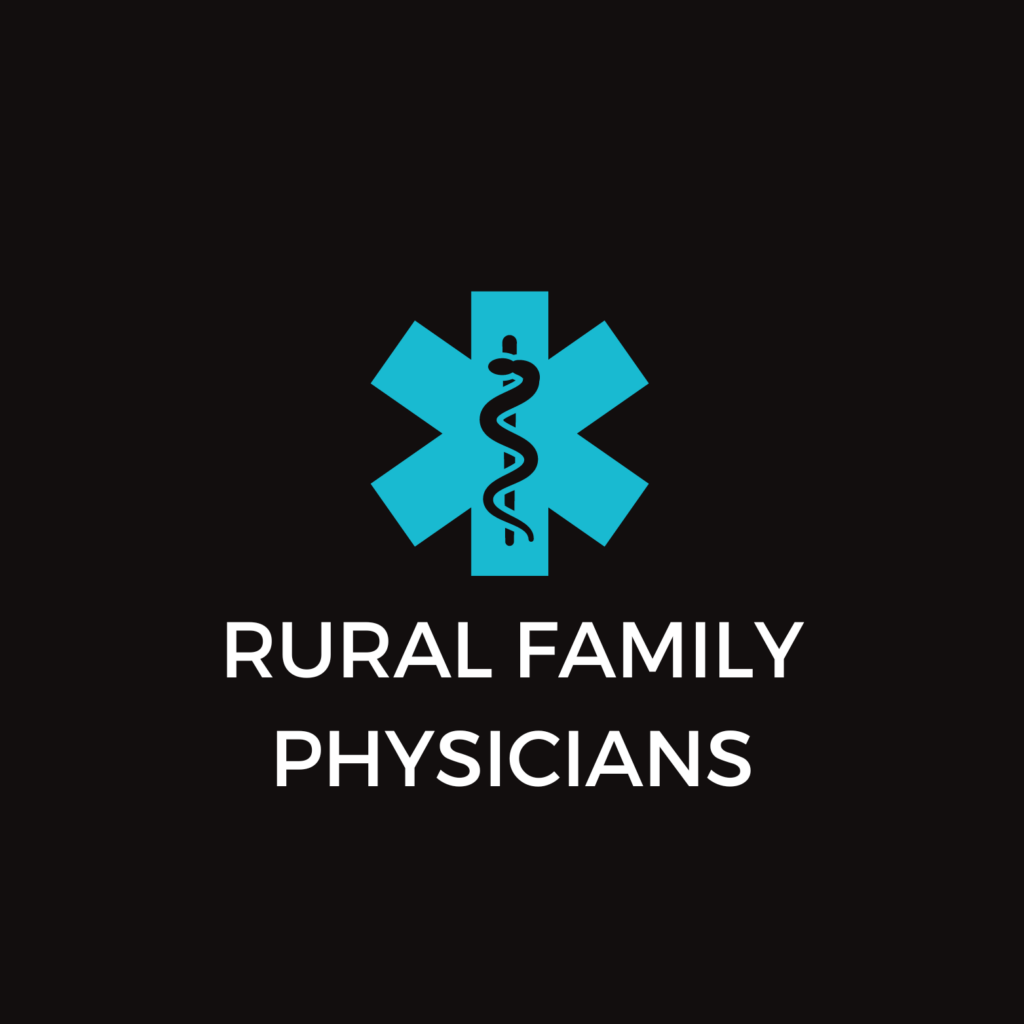On February 6, 2015, the Centers for Medicare & Medicaid Services (CMS) issued a final rule revising regulations for the Medicare Advantage (MA) program (Part C) and prescription drug benefit program (Part D). This final rule implements statutory requirements, improves program efficiencies, strengthens beneficiary protections, clarifies program requirements, improves payment accuracy, and makes technical changes for Contract Year (CY) 2016.
The final regulation reflects consideration of public comments to a proposed rule that was published on January 10, 2014. This February rule finalizes many, but not all, of the provisions that were proposed in the January 2014 proposed rule but not finalized in a final rule published on May 23, 2014 (CMS 4159-F). Technical suggestions received during the public comment period were considered and, in some cases, modifications were made to the original proposal.
The final rule will take effect 30 days after publication, unless otherwise noted. The applicability date for each provision corresponds with intended implementation of these changes for Contract Year 2016.
Summary of Key Final Provisions
- Efficient Dispensing in Long Term Care Facilities and Other Changes – Revises the rule requiring efficient dispensing to Part D enrollees in long-term care (LTC) facilities by: 1) adding a prohibition on payment arrangements that penalize the offering and adoption of more efficient dispensing techniques by prorating dispensing fees based on days’ supply or quantity dispensed; 2) adding a requirement that any difference in payment methodology incentivizes more efficient dispensing techniques; 3) eliminating language that has been misinterpreted as requiring the proration of dispensing fees; and 4) including a technical change to clarify the requirement to report on the nature and quantity of unused drugs. This rule does not finalize the proposal to waive the short-cycle dispensing requirements for LTC pharmacies using restock and reuse methodologies under certain conditions.
- Expand Quality Improvement Program Regulations – Revises 422.152(a) to codify recent expansion of the quality improvement program policies and revises 422.152(c) to codify recent expansion of chronic care improvement program policies. Specifically, 422.152(a) reinforces the requirement at 422.152(c)-(d) that MA organizations conduct Quality Improvement Projects (QIPS) and Chronic Care Improvement Programs (CCIPs) for each of their plans on an annual basis. 422.152(c) has been updated to accurately reflect what MA organizations are to include in their CCIPs.
- MA‑PD Coordination Requirements for Drugs Covered Under Parts A, B, and D – Requires Medicare Advantage Prescription Drug (MA-PD) plans to establish and maintain a process with network pharmacies to ensure timely and accurate point-of-sale (POS) transactions. Such a process could include messaging and other procedures related to care continuity and coordination between Part D drug benefits and Parts A/B drug benefits administered by the MA‑PD plan.
- Business Continuity for MA Organizations & PDP Sponsors – Requires MA organizations and Part D sponsors to develop, maintain, and implement business continuity plans that meet certain minimum standards. The final provision was modified due to public comment, and will require that MA organizations and Part D sponsors plan to restore essential operations within 72, rather than 24, hours of a failure.
- MA Organization Responsibilities in Disasters and Emergencies – Codifies and further clarifies an MA organization’s responsibilities when health plan services are affected by public health emergencies or disasters.
- Changes to Audit & Inspection Authority – Adds the word “timely” before our audit and inspection authority to match the wording of the statute. Allows CMS to require MA organizations or Part D plan sponsors to hire an independent auditor to validate correction of CMS audit findings. Does not finalize proposal to require plan sponsors to hire an independent auditor to conduct full or partial program audits.
- Part D Notice of Changes – Codifies for Part D language found in the Part C regulation requiring that MA organizations and Part D sponsors provide annual notice of changes to plan rules to CMS for marketing material review and to all enrollees at least 15 days prior to the annual coordinated election period for changes that are effective with a new plan year. Also states that notices for the other changes must be provided consistent with existing part 423 requirements.
- Medicare Coverage Gap Discount Program and Employer Group Waiver Plans (EGWP) – Finalizes the provision that requires Part D sponsors offering employer group waiver plans to provide applicable discounts to EGWP enrollees as determined consistent with the Defined Standard benefit. This rule does not finalize the proposal that would have required Part D sponsors of EGWPs to disclose to each employer group the projected and actual manufacturer discount payments under the Discount Program attributable to the employer group’s enrollees, at least annually or upon request.
- Good Cause Processes – Permits CMS to assign an entity, such as an MA organization, Part D sponsor, or entity offering a cost plan, to act on its behalf to review good cause requests following involuntary disenrollment for non-payment of premiums and effectuate reinstatements of beneficiary enrollment when criteria are met.
- Withdrawal of Stand‑Alone Prescription Drug Plan Bid Prior to Contract Execution – Imposes a 2-year Part D applications ban on organizations approved by CMS as qualified to enter into stand-alone PDP sponsor contracts but which elect, after our announcement of the LIS benchmark, not to enter into such contracts and withdraw their PDP bids.
- Essential Operations Test Requirement for Part D – Creates a new step, an “essential operations” test, in the application and contracting process with newly contracted entities operating as stand-alone PDP sponsors or MA organizations offering Part D plans.
- Agent and Broker Training and Testing Requirements – Removes requirement that agents and brokers be trained and tested with CMS endorsed or approved documents; still requires that agents and brokers be trained and tested annually.
- Managing Disclosure and Recusal in P&T Conflicts of Interest – Requires a sponsor’s Pharmacy & Therapeutics (P&T) committee clearly articulate and document processes to determine that certain requirements have been met, including determination by an objective party of whether disclosed financial interests are conflicts of interest and management of any recusals due to conflicts.
- Clarifications related to when MA Organizations May Extend Adjudication Timeframes for Organization Determinations and Reconsiderations – Revises regulatory provisions to more clearly define our intended standard for when it is appropriate for an MA organization to extend an adjudication timeframe.
- Enrollment Eligibility for Individuals Not Lawfully Present in the United States – Establishes lawful presence or U.S. citizenship as eligibility criteria for enrollment in cost, MA, and Part D plans. Also requires involuntary disenrollment of individuals from cost, MA, or Part D plans when they lose eligibility due to unlawful presence status.
- Two-Year Prohibition when Organizations Terminate their Contracts – Amends text to explicitly apply the 2-year prohibition to applications for service area expansions in addition to applications for new contracts. Also amends our policy on the current application of regulations implementing the 2‑year prohibition to avoid unnecessarily narrowing the scope of the 2‑year prohibition.
- Various technical changes to align language, correct cross references and grammatical errors, and reinstate previously finalized regulation text language.
The provisions in the final rule will generally be effective for Contract Year 2016 operations. The final rule is accessible at: https://www.federalregister.gov/public-inspection.
Major provisions not being finalized from CMS 4159-P
The rule does not finalize any of the following provisions:
- Lifting the protected class designation on three drug classes – antidepressants, antipsychotics and immunosuppressants for transplant rejection;
- Requiring Medicare Part D sponsors to include any pharmacy willing to accept the terms and conditions to participate in narrower pharmacy networks that offer preferred cost sharing to beneficiaries;
- Reducing the number of Part D plans a sponsor may offer; and
· Codifying CMS interpretation of the Part D non-interference provision.



